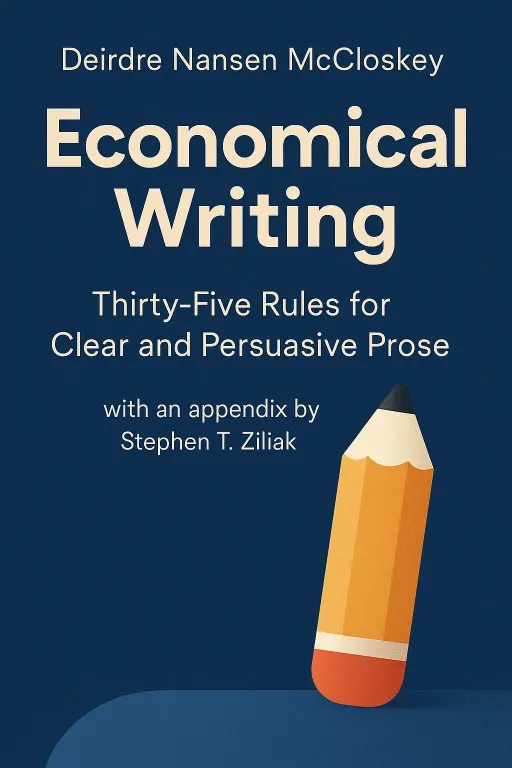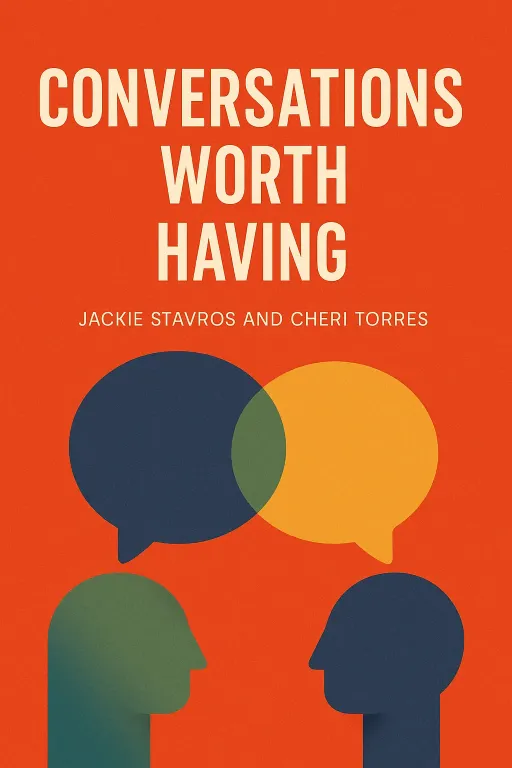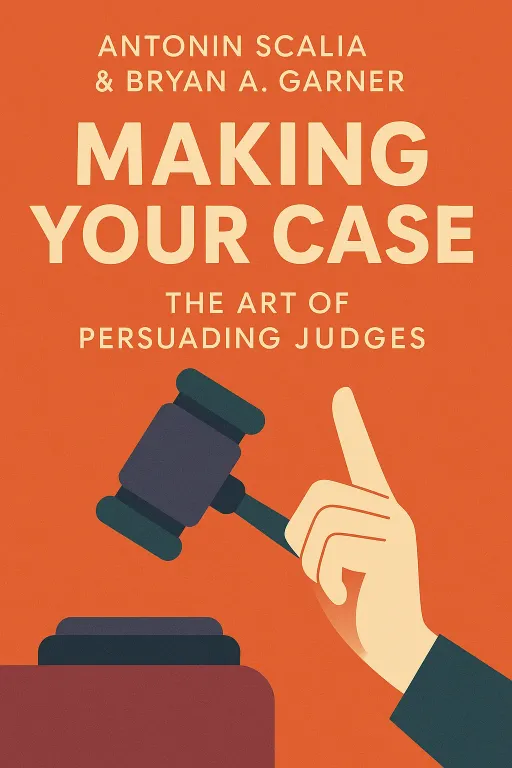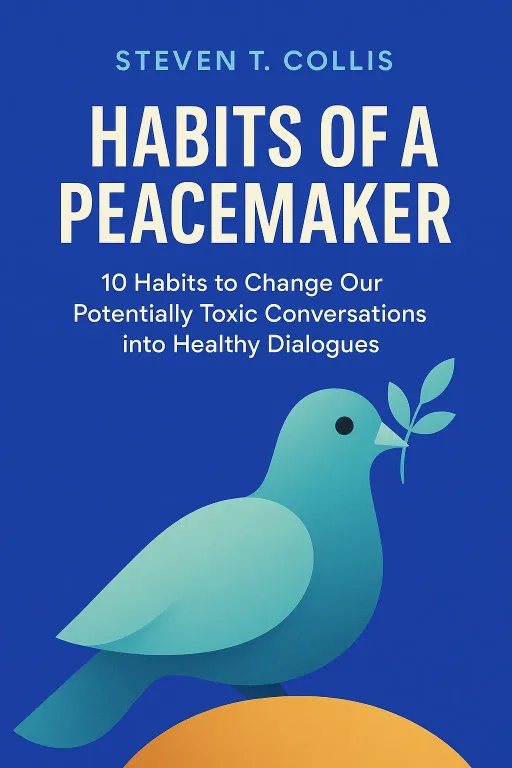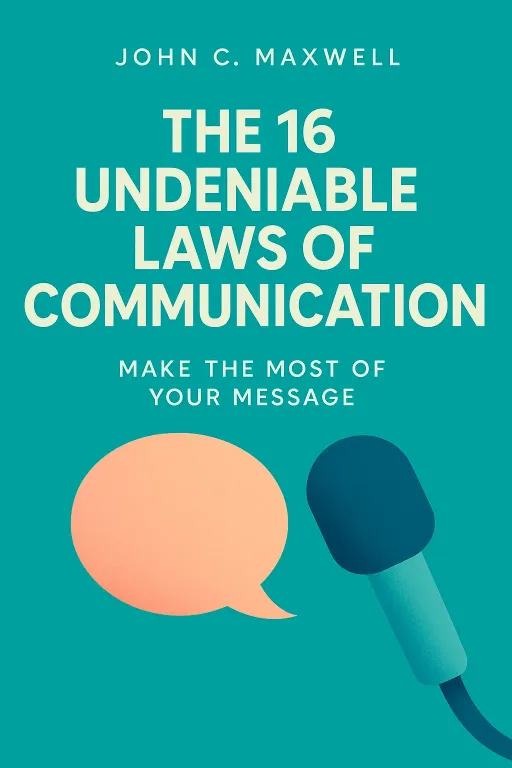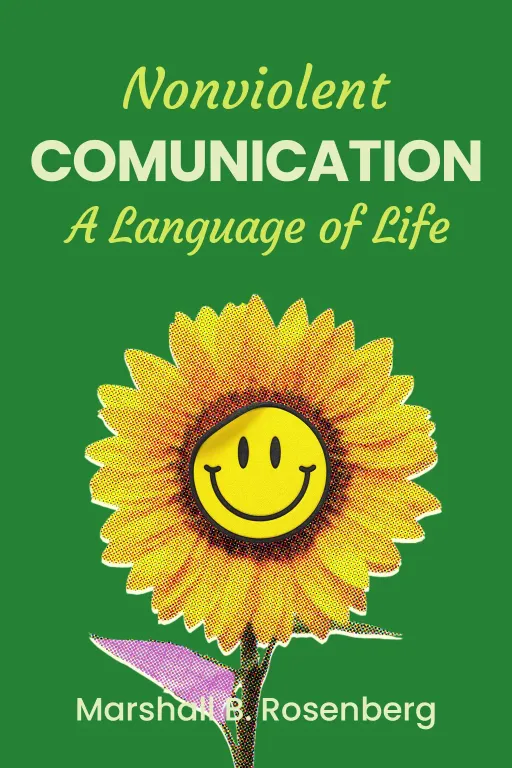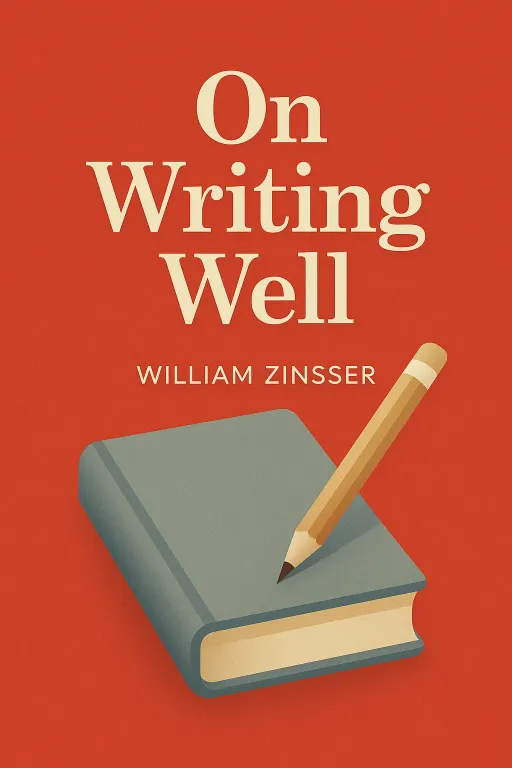
On Writing Well
10 minIntroduction
Narrator: In the 1980s, a new technology promised to revolutionize the act of writing. The word processor arrived, making it effortless to type, delete, and rearrange sentences on a screen. For good writers, it was a miracle, a tool that allowed for endless revision and polishing without the drudgery of retyping entire pages. But for bad writers, this new ease became a trap. The clean, professional look of the text on the screen created a dangerous illusion of quality, encouraging verbosity and discouraging the hard work of revision. As a result, the gap between good and bad writing widened. This technological shift revealed a timeless truth: the tools may change, but the principles of powerful communication do not.
This is the world that William Zinsser addresses in his classic guide, On Writing Well. He argues that in an information age that is, despite all its high-tech gadgetry, fundamentally writing-based, the ability to express oneself with clarity and confidence is more critical than ever. The book dismantles the fear of writing, presenting it not as a mysterious gift for the talented few, but as a craft that can be learned by anyone willing to master its principles.
The Enemy of Writing is Clutter
Key Insight 1
Narrator: Zinsser’s most fundamental principle is that the great disease of modern writing is clutter. Most sentences, he argues, are filled with unnecessary words, roundabout phrases, and jargon that serve only to obscure meaning. The secret to good writing is to strip every sentence to its cleanest components. Every word that serves no function, every long word that could be a short word, every adverb that is already contained in the verb, must be eliminated.
This process is not about "dumbing down" ideas; it is about achieving clarity. Zinsser contends that clear thinking is the foundation of clear writing. A writer who isn't sure what they want to say will hide behind convoluted language and vague abstractions. In contrast, a writer who has thought through their subject can express it with simplicity and precision. He urges writers to fight the urge to inflate their language to sound more important. Pompous phrases like "at this point in time" can be replaced with "now," and "due to the fact that" can become "because." The goal is to get to the point, to communicate an idea to the reader in the most direct way possible. This ruthless pruning is the first and most essential act of a disciplined writer.
Writing is a Transaction of Humanity
Key Insight 2
Narrator: Beyond the mechanics of language, Zinsser emphasizes that writing is ultimately a personal transaction between two people. The writer must connect with the reader not as a faceless audience, but as an individual. This connection is built on a foundation of humanity, warmth, and, most importantly, authenticity. The best way to achieve this is to write in a voice that is truly one's own.
Zinsser cautions against trying to adopt an artificial "style." Style, he explains, is organic; it is the personality of the writer coming through on the page. To find it, a writer must relax, have confidence in their own opinions, and write about what genuinely interests them. This commitment to an authentic voice sometimes requires defending it. Zinsser recounts a time he wrote an article about a program that brought artists to economically depressed towns. He wrote the sentence, "They don't look like cities that get visited by many visiting artists." An editor, following a rigid rule against repetition, changed it to the clunkier, "They don't look like cities that are on the itinerary of many visiting artists." Zinsser fought the change. His original sentence, with its intentional repetition, had a certain rhythm and directness that was part of his voice. The editor’s version was technically correct but lifeless. This small battle illustrates a larger point: a writer's unique style is their most valuable asset and must be protected to maintain the human connection with the reader.
The Digital Age is a Double-Edged Sword
Key Insight 3
Narrator: The digital revolution, from the word processor to email, has profoundly changed how people write. Before email, writing a simple letter was a formal, often dreaded task. It involved finding stationery, composing formal salutations, and worrying about neatness. As a result, many people simply avoided it. Email eliminated these barriers, transforming written communication into something more like a casual conversation. People who once hated writing began to write prolifically. This revealed that the obstacle was not a lack of ability, but a cultural fear of the formal act of writing.
However, as Zinsser points out, this new ease is a double-edged sword. The word processor, while a gift to good writers, made bad writers worse. It amplified their existing tendencies toward verbosity. The ease of producing text, combined with the polished look of words on a screen, created a false sense of accomplishment. Writers became less critical of their own work, failing to engage in the most crucial part of the writing process: rewriting. Zinsser’s central message here is that technology can enhance a writer's craft, but it cannot replace it. The hard work of thinking clearly, structuring arguments, and revising relentlessly remains essential, regardless of the tools used.
Let the Story Find Its Own Ending
Key Insight 4
Narrator: A common trap for writers is to become too attached to their original plan. They map out a beginning, a middle, and an end, and they stick to it no matter what they discover along the way. Zinsser argues that a writer must remain open to the story dictating its own direction and, most importantly, its own ending.
He illustrates this with a powerful personal story. He once traveled to the Sahara desert with the goal of writing about the ancient salt caravans that journey to Timbuktu. This was his planned climax. During the trip, his group stopped at what seemed to be a random spot in the desert, where they encountered a small Bedouin family. Though the family had almost nothing, they showed the travelers extraordinary hospitality, offering them a blanket, a mat, and a share of their meager meal. As they sat together under the vast desert sky, Zinsser had a revelation. He realized the true climax of his story was not the salt caravan he was chasing; it was this unexpected, profound moment of human connection and generosity. The story had told him it was over. To continue on to Timbuktu and describe the salt trade would have been an anticlimax. A great writer, Zinsser teaches, knows when to listen to their material and look for the door when the story itself says it has reached its most resonant point.
Quality is Its Own Reward
Key Insight 5
Narrator: Ultimately, writing well is an attitude. It is a commitment to craftsmanship and a deep-seated pride in one's work. To explain this mindset, Zinsser tells the story of the legendary baseball player Joe DiMaggio. A reporter once asked DiMaggio why he played so hard in every single game, even when the score was lopsided. DiMaggio’s answer became a perfect metaphor for the dedicated writer. He said, "Because there is always some kid in the stands who has never seen me play before."
DiMaggio felt a duty to give his best performance every time, for the sake of that one person. Zinsser argues that writers should adopt the same philosophy. They should never change their style or lower their standards for a particular audience or publication. Every piece of writing, whether it's a major article or a simple email, deserves the same level of care and attention to detail. This is not about ego; it is about respect for the craft and for the reader. Quality is its own reward. The satisfaction of constructing a clear, strong, and elegant sentence is the primary motivation. This obsessive pride in doing the job well is what separates the amateur from the professional and is the final, essential attitude for anyone who wants to write well.
Conclusion
Narrator: The single most important takeaway from On Writing Well is that writing is a craft built on the foundation of clear thinking. It is not a magical art form reserved for a select few, but a logical process of stripping away the clutter to reveal the core message. William Zinsser demystifies writing, empowering anyone to communicate effectively by focusing on the timeless principles of simplicity, humanity, and relentless revision.
His enduring challenge to all of us is to take pride in our words. The next time you write anything—an email, a report, a presentation—ask yourself the question Joe DiMaggio might have asked: Is this the best I can do for the person who is reading my work for the first time? Then, go back and cut every word that isn't doing useful work. In that simple, disciplined act, you will find the heart of writing well.
